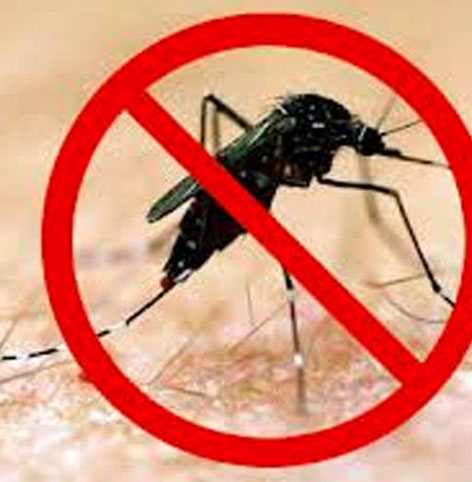Malaysia is facing a dengue endemic with more than 48,000 people falling victim to the mosquito-borne disease this year alone. So far, there are at least 92 deaths urging the government to set up a national task force to tackle the problem.
What is Dengue Fever?
Dengue is a viral infection transmitted by the bite of an infected female Aedes mosquito causes a severe flu-like illness. There are four distinct serotypes of the dengue virus (DEN 1, DEN 2, DEN 3 and DEN 4) that can cause dengue fever, all of which spread by a certain type of mosquito. In Malaysia, at present the serotype 2 has been more prevalent and virulent compared to the others and it can cause death. If you have suffered from dengue fever previously it is still possible to contract it again, because of the number of different types of viruses that can cause fever.
Once bitten it takes about four to ten days for the symptoms to show. The most common symptoms are high fever, severe headache, pain behind the eyes, nausea, vomiting, swollen glands, muscle and joint pain and in some cases a rash. The more severe forms of dengue are hemorrhagic fever and dengue shock syndrome. Here are a few simple and practical tips to keep dengue at bay:
- Removal of stagnant water is the best way to mosquito elimination. Items that collect rainwater or are used to store water should be covered or properly discarded.
- Get rid of sources or areas where mosquitoes breed, such as standing water in flower pots, tins, bottles or discarded tires. Mosquitoes breed easily in any source of standing water.
- Appropriate insecticides, such as larvicide’s can be added to water containers. The insecticides can prevent mosquitoes breeding for several weeks. However, they must be re-applied as per directions.
- Always clean and check drains to ensure they are not blocked especially during the rainy season.
- Top up uneven surfaces of the floor to prevent water from accumulating.
Dengue is a completely preventable, all you have to do is to take a few steps to keep yourself and your family safe.
(Souces: http://www.channelnewsasia.com, http://malaysia.kurnia.com, http://www.medicalnewstoday.com)



